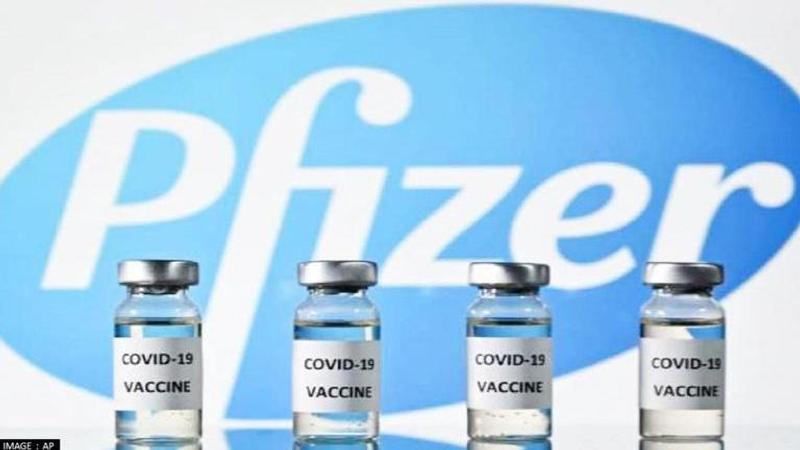Published 16:34 IST, October 7th 2021
Pfizer vaccine’s immunity wears off after two months: Study
Two recent studies demonstrate that the immunological protection provided by two doses of Pfizer's Covid-19 vaccine wears off after about two months

Two recent studies demonstrate that the immunological protection provided by two doses of Pfizer's COVID-19 vaccine wears off after about two months, however, protection against severe disease, hospitalisation, and death remains substantial. The studies emanated from Israel and Qatar and published in the New England Journal of Medicine, back up arguments that even fully vaccinated people should take precautions against infection.
Israeli study shows patient vaccinated after COVID infection has longer immunity
The Israeli study, which included 4,800 healthcare personnel, discovered that antibody levels decline quickly after two doses of vaccination-particularly among men, aged 65 years or older, and persons with immunosuppression.
The analysts and researchers conducted this prospective longitudinal cohort study including health care workers, at Sheba Medical Hospital, a large tertiary medical centre in Israel. The researchers highlighted that levels of so-called neutralising antibodies – the immune system's initial line of defence against infection – correspond with infection protection, but they only looked at antibody levels in this study.
According to them, the published research on numerous vaccines, such as those against measles, mumps, and rubella, has revealed a slight drop in neutralising antibody levels of 5 to 10% per year. Within months after vaccination, they discovered a considerable and quick decline in the humoral response to the BNT162b2 (Pfizer) vaccine.
The study also found that patients who were vaccinated after a natural COVID-19 infection have longer-lasting immunity. It's most potent in patients who have recovered from infection and then been vaccinated. Overall, evidence from the trial and others shows that long-term humoral response and vaccine effectiveness in previously infected patients was superior to that in two-dose vaccine recipients.
Qatar study reveals BNT162b2-induced protection against infection rises quickly after first dose
A second study from Qatar looked at real illnesses in that small Gulf nation's highly vaccinated populace. Pfizer/vaccination, BioNTech's also known as BNT162b2, was given to the majority of those that went.
The study revealed that BNT162b2-induced protection against infection rises quickly after the first dosage, peaks in the first month following the second dose, and then gradually fades in future months. After the fourth month, the waning tends to increase, reaching a low of around 20% in succeeding months. Nonetheless, they reported that protection against hospitalisation and death remained above 90%.
They speculated that the fading protection could be due to behaviour. Vaccinated people are likely to have more social contact than unvaccinated people, and they may also adhere to fewer safety precautions. This behaviour could diminish the vaccine's real-world effectiveness relative to its biological effectiveness, which could explain why protection is waning.
Pfizer claims that after a few months, immunity from the first two doses of their vaccine begins to run off. Pfizer received approval from the US Food and Drug Administration last month for booster doses of its vaccine for six months after consumers had completed their first two doses.
Image: AP
Updated 16:34 IST, October 7th 2021



